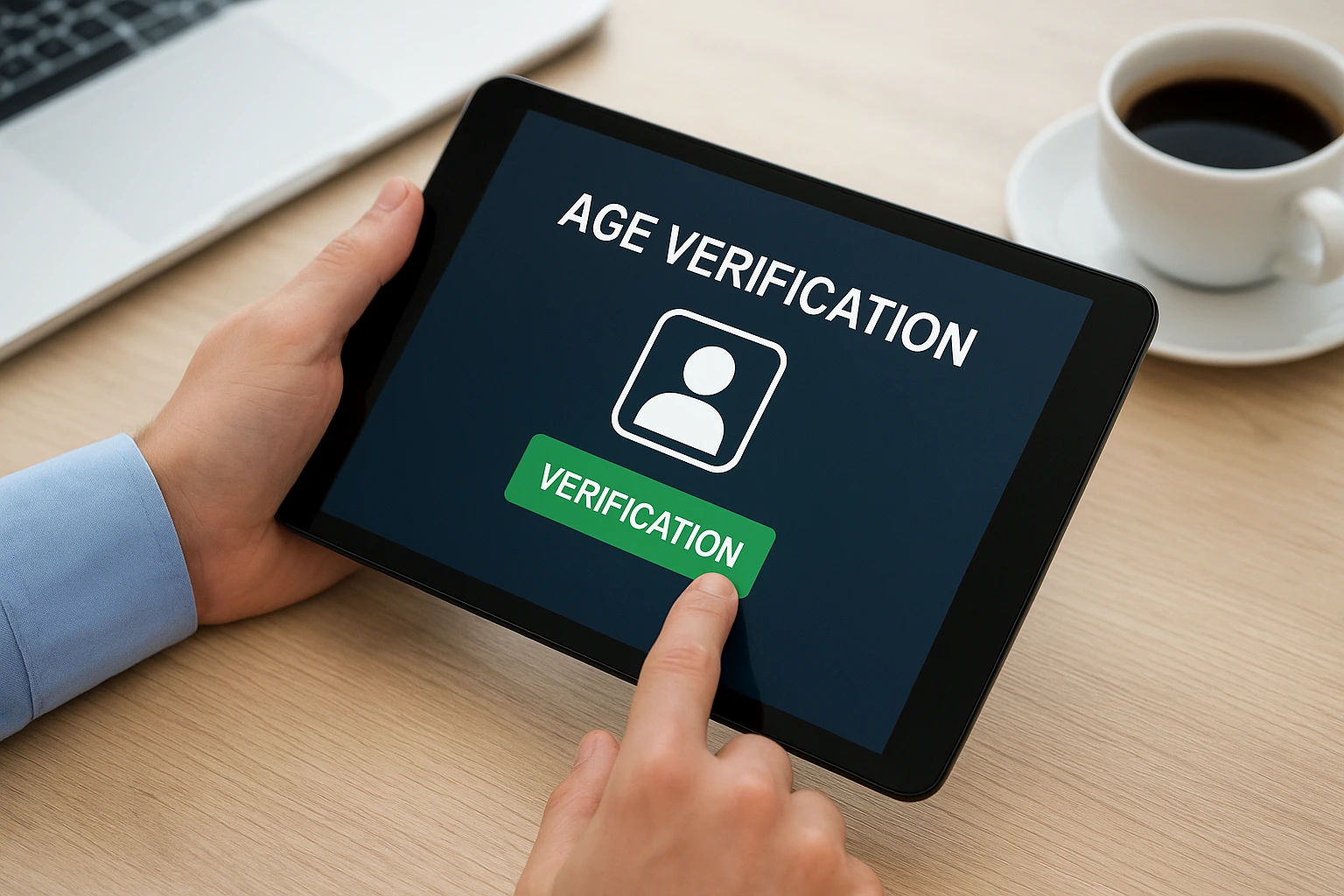The Reason Age Verification Systems are Important Today

Protecting users online is more important than ever. From streaming platforms and gaming apps to e-commerce and social media, nearly every corner of the internet requires responsible access controls. One area that continues to grow in urgency is age verification systems.
These systems are not just about legal compliance, they’re about creating a safe online environment, protecting minors, and maintaining public trust. With regulators increasing pressure and parents demanding stronger safeguards, businesses can no longer ignore the importance of robust age checks.
The Digital Access Boom and Its Risks
Over the past decade, digital platforms have become a central part of everyday life. Whether it’s watching movies, shopping online, playing games, or connecting on social media, the internet has made access incredibly easy.
But this convenience comes with challenges:
- 73% of U.S. parents worry their children may be exposed to online predators.
- 68% fear their children might encounter age-inappropriate content.
On top of that, many underage users admit to trying to bypass restrictions. Without effective verification, platforms risk being misused, putting both vulnerable users and their own reputations at risk.
What Is Age Verification?
At its core, age verification is the process of confirming that a user meets the legal age requirement before granting access to restricted content or services.
- Traditional checks involved physical ID documents.
- Modern systems rely on digital technologies such as biometric authentication, AI-powered document scans, and database cross-checks.
These tools are faster, more reliable, and harder to manipulate. But age verification today isn’t only about compliance, it’s also about trust. Platforms that show they care about user safety build stronger relationships with customers and regulators alike.
Why Age Verification Laws Matter
Governments and regulators worldwide are tightening rules around online safety. Businesses in industries such as gaming, adult content, alcohol sales, and online betting face serious penalties if they fail to protect minors.
A recent example: In March 2025, the UK’s communications regulator Ofcom fined OnlyFans operator £1.05 million ($1.4 million) for misleading users about its age-verification laws.
This shows regulators are actively enforcing compliance, and platforms that fall short can face huge fines and lasting reputational damage.
Innovations in Age Verification Technology
To meet both compliance and safety needs, businesses are adopting more advanced solutions:
- Artificial Intelligence (AI): Scans identity documents, detects fraud attempts, and even estimates age through facial recognition.
- Machine Learning (ML): Learns from large datasets to reduce errors and improve detection accuracy over time.
- Real-Time Database Checks: Instantly compare user data with government or financial records.
- Blockchain Solutions: Provide secure, tamper-proof verification methods while protecting user privacy.
These technologies make verification faster, more accurate, and more trustworthy.
Also Read: Media Monitoring Tools in 2025: AI, Automation, and Accuracy
Balancing Privacy with Compliance
One of the biggest challenges is balancing user privacy with regulatory requirements. Many users hesitate to share personal information online:
- A global survey found that 51% of people stopped using an online service due to privacy concerns.
This means companies need to invest in systems that verify age without over-collecting sensitive data. Transparent communication about how user data is stored, used, and protected is key to building trust.
The Role of Businesses and Institutions
For businesses, age verification is not just a box to tick for compliance, it’s a responsibility. Platforms that fail to implement reliable checks risk:
- Heavy regulatory fines
- Loss of consumer trust
- Long-term reputational damage
On the other hand, companies that prioritize responsible verification signal to partners and customers that they value safety and integrity. This fosters stronger, trust-based relationships in competitive markets.
The Future of Age Verification
As online risks evolve, so will the methods of verification. Analysts predict greater integration of:
- AI and ML for automated, real-time checks.
- Decentralized systems and blockchain for privacy-first solutions.
- Stricter regulations across industries worldwide.
The ultimate goal is to create an internet where users, especially minors are protected without compromising freedom or privacy.
Conclusion
Age verification systems are more than a compliance requirement; they are the backbone of a safer digital world. With governments tightening regulations, parents demanding protection, and users expecting transparency, businesses must step up with strong and innovative verification processes.
By investing in AI-powered checks, privacy-focused solutions, and transparent policies, companies can safeguard vulnerable users, protect their reputation, and build lasting trust.
In 2025 and beyond, platforms that prioritize age verification will not only stay compliant but also stand out as responsible leaders in the digital economy.
FAQs
1. What is an age verification system?
An age verification system is a digital tool that checks if a user meets the legal age requirement before accessing restricted content or services.
2. Why are age verification systems important in 2025?
They protect minors from harmful content, help businesses stay compliant with global laws, and build consumer trust in online platforms.
3. Which industries need age verification the most?
Industries like online gaming, gambling, alcohol sales, adult content, e-commerce, and fintech are most required to use strong age verification systems.
4. Are AI-powered age verification systems reliable?
Yes. AI and machine learning improve accuracy by scanning IDs, detecting fake submissions, and even estimating age with facial recognition.
5. How do age verification laws affect businesses?
Non-compliance can result in heavy fines, reputational damage, and loss of customer trust. Many regulators now require strict age verification by law.
6. Can age verification systems protect user privacy?
Yes. Modern systems are designed to confirm age without storing unnecessary personal data, often using encrypted or decentralized verification methods.

Similar Posts
WordPress Themes Selection Guide: Choose the Right One for Your Website
3D Printing – Analysis of Innovative Technology in the Health Sector
Stellar Data Recovery Professional for Windows: The Ultimate Professional Data Recovery Software